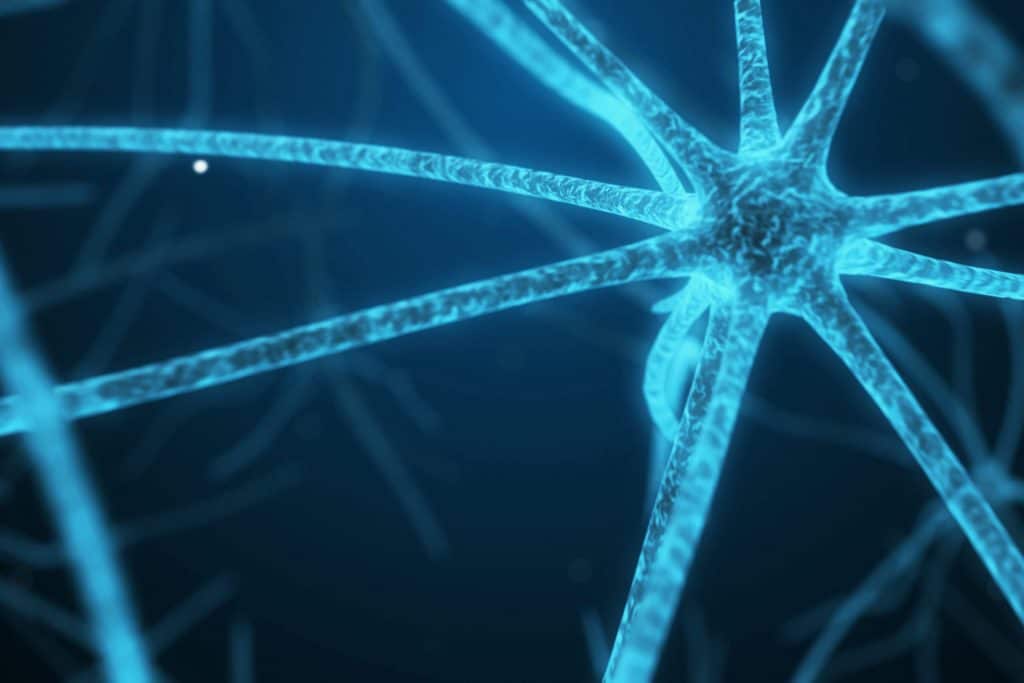Effect on The Central Nervous System in an Opioid Overdose

The Brain in an Opioid Overdose
The brain needs oxygen to function in order to be able to communicate with the rest of the body. Without sufficient oxygen, the brain becomes damaged, and this damage can be life-long, if the person survives. When the brain receives inadequate oxygen it becomes hypoxic, which means that there is gradual death and impairment of brain cells. When the brain is not receiving any oxygen at all it becomes anoxic, which results in brain cells dying after 4 minutes of deprivation. Consider in this context, someone overdoses and they aren’t receiving any oxygen; within 4 minutes their brain cells are dying. This amount of time is hardly sufficient for emergency response to be available, no matter how quickly someone was to call 911.
If someone experiences hypoxic brain damage (considering that they’re able to survive), they could experience memory loss, hearing or vision impairment, loss of movement, coordination or balance, inability to read, write or communicate, or possibly end up in a severe vegetative state or death.
Stimulant Overdose
Using Naloxone
If someone is experiencing an overdose from opiate drugs, Naloxone is a prescription medication that can be used to reverse the effects of the overdose. It counteracts the depressant of the opioid on the Central Nervous System and allows the person to breathe normally. Naloxone can be administered by emergency response personnel or any friend, family member or passerby. Someone experiencing a drug overdose may need several doses of Naloxone administered, and there is no known harm in giving someone multiple doses. Naloxone should continue to be administered until the person is able to breathe normally. However, Naloxone is not effective for someone that has already passed. If you’re interested in receiving and carrying Naloxone, talk to your local Primary Care Physician or Pharmacist for more information on obtaining Naloxone.
The effects of a drug overdose can take minutes, sometimes seconds, for it to have everlasting effects or result in death. Responding to an overdose immediately is crucial in order to save the individuals life.
References
American Addiction Centers Editorial Staff. (2019, June 11). Opiates, Overdose and Permanent Brain Damage. Retrieved from
https://drugabuse.com/opiates-overdose-and-permanent-brain-damage/ Opioid Overdose. (2020, March 19). Retrieved from
https://www.cdc.gov/drugoverdose/index.html Understanding Naloxone. (n.d.). Retrieved from
https://harmreduction.org/issues/overdose-prevention/overview/overdose-basics/understanding-naloxone/</em > What is an overdose? (n.d.). Retrieved from
https://harmreduction.org/issues/overdose-prevention/overview/overdose-basics/what-is-an-overdose/



